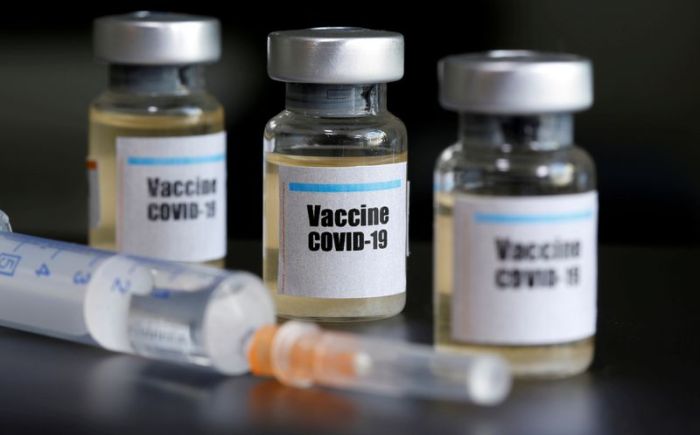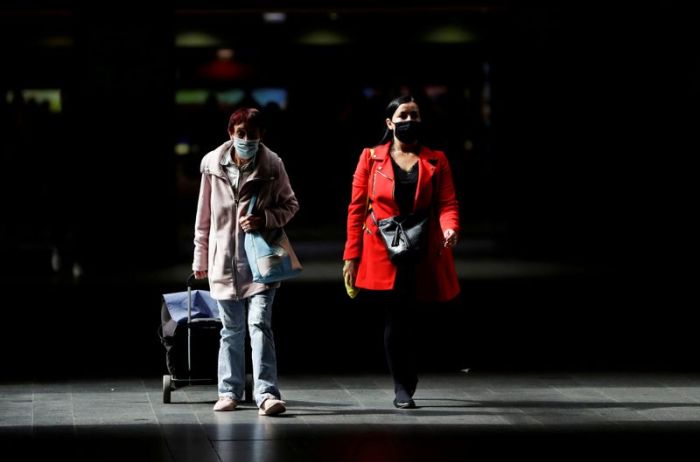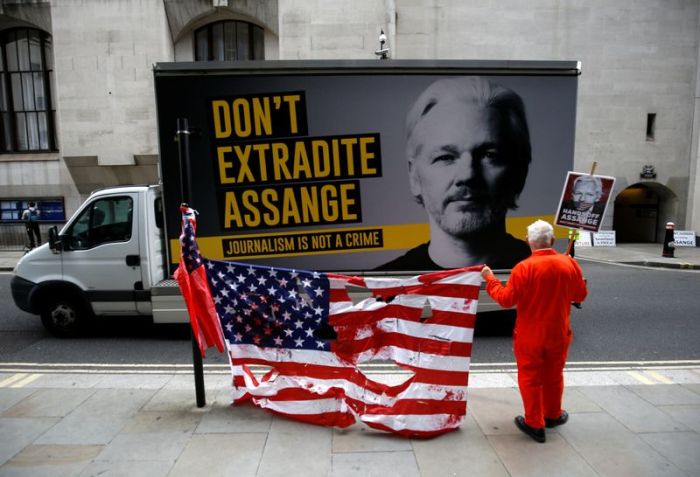(Reuters) – Climate change poses a “slow motion” systemic threat to the stability of the U.S. financial system and requires urgent action from financial regulators, including the Federal Reserve and the Securities Exchange Commission.
That is one of the findings of a landmark report https://www.cftc.gov/sites/default/files/2020-09/9-9-20%20Report%20of%20the%20Subcommittee%20on%20Climate-Related%20Market%20Risk%20-%20Managing%20Climate%20Risk%20in%20the%20U.S.%20Financial%20System%20for%20posting.pdf by a U.S. Commodity Futures Trading Commission advisory panel convened last year by Rostin Behnam, one of two Democrats on the five-member CFTC.
“The physical impacts of climate change are already affecting the United States … the transition to net-zero emissions may also impact many segments of the economy,” the 196-page report says.
“Both physical and transition risks could give rise to systemic and sub-systemic financial shocks, potentially causing unprecedented disruption in the proper functioning of financial markets and institutions,” it warns.
All the group’s 35 members, including representatives of Goldman Sachs Group Inc <GS.N>, the Dairy Farmers of America, and The Nature Conservancy among others, approved the report.
Some members, and indeed the regulatory body itself, appeared less than fully supportive, however.
The report’s views “do not necessarily reflect in every instance the views of the ConocoPhillips Company,” the oil producer’s risk and regulatory affairs manager Daniel Paul said in a letter published on the CFTC website, along with several member attestations with similar sentiments.
A disclaimer included in the report, published on Wednesday, says its views “do not necessarily” reflect those of the CFTC or the federal government.
The report’s release comes less than two months ahead of the election pitting Republican President Donald Trump, who says climate change is a hoax, against Democratic challenger Joe Biden, who calls climate change an “existential threat.”
It also comes as the far-reaching effects on health and the economy of the COVID-19 pandemic have “taught us something,” said Mindy Lubber, chief executive of environmental investor group Ceres and a panel member.
“It tells you what systemic risk is,” she said.
A shift in perception of the risks from frequent wildfires and intense hurricanes could bring a sudden drop in asset prices that cascades through a community and spills more broadly into markets, the report says.
Because the coronavirus crisis has depleted household wealth, government budgets and business balance sheets, the economy is more vulnerable than before, it adds, “increasing the probability of an overall shock with systemic implications.”
The report’s first recommendation is to “establish a price on carbon” that is hefty enough to push businesses and markets to cut use of carbon dioxide-producing fuels such as oil and gas. Taxing carbon would require action by Congress.
Dozens of other recommendations in the report amount to a call for a sweeping rewrite of financial market rules and norms that could go forward without any new laws.
Among the proposals: requiring banks to address climate-related financial risks and listed companies to disclose emissions, and to stress test community banks for their resilience to climate change.
Regulators in Europe have worked for years on efforts to calibrate and mitigate climate risks to financial markets.
Regulators in the United States, where politicians regularly cast doubt on the fact that burning fossil fuels is affecting the earth’s climate, have lagged far behind on such work.
In recommendations aimed specifically at the Fed, the report urges financial authorities to integrate climate risk “into their balance sheet management and asset purchases, particularly relating to corporate and municipal debt,” and to join other global central banks in the so-called Network for Greening the Financial System.
(Reporting by Ann Saphir in Berkeley, Calif.; Editing by Clarence Fernandez and Tom Brown)



























